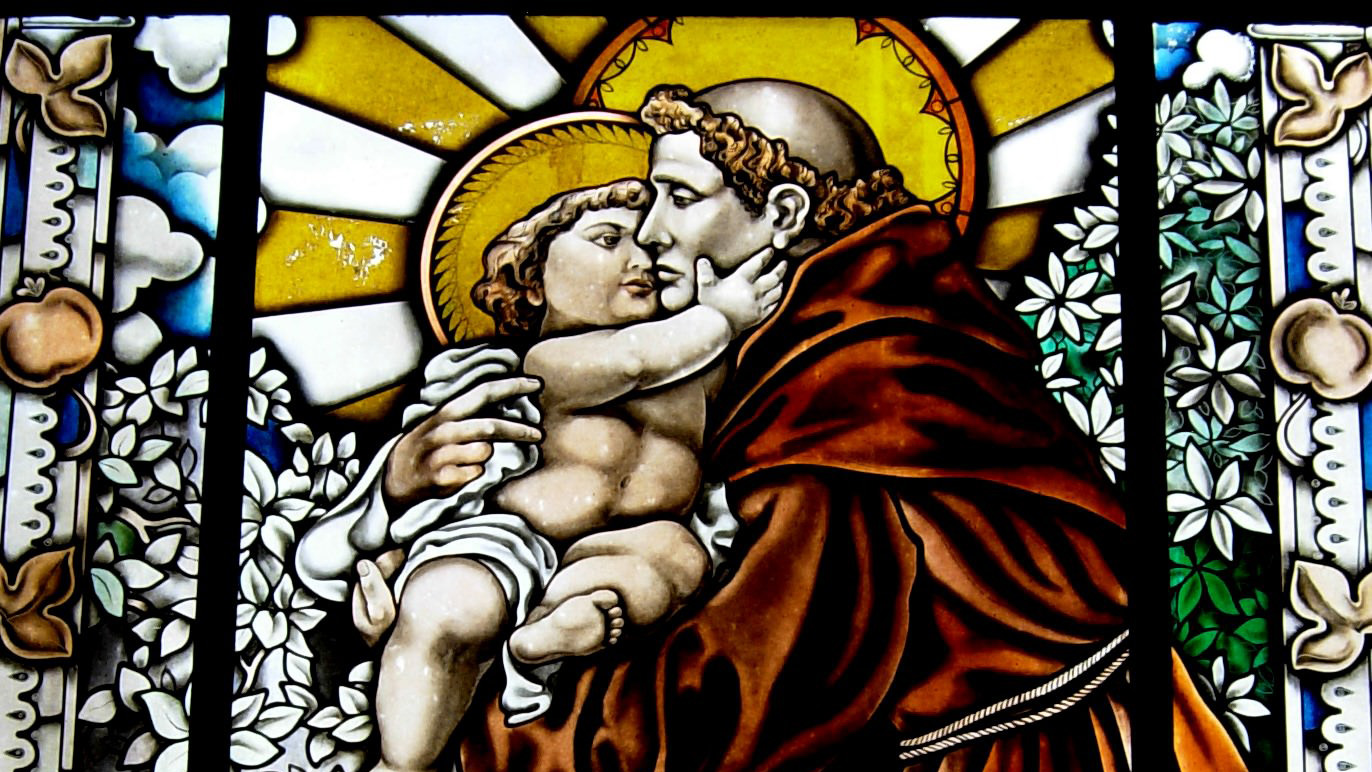Today’s first reading is from the Book of Kings. The purpose of the Books of Kings is to encourage the faithful to remain faithful so we hear stories of the faith of the Kings of Israel or, oftentimes, the stories of their lack of faith. The stories of the prophets, like Elijah, are also told and the prophets are always more faithful than the kings. The message is to follow the example of the prophets. In the first reading, we hear of Elijah throwing his cloak on Elisha, an act signifying Elijah’s call for Elisha to succeed him as a prophet. Before following Elijah, Elisha “says goodbye” to his previous by praying (the slaughter of the oxen). Elisha, recognizing his calling, wholeheartedly says “yes” to following Elijah and departs his previous life to serve Elijah as his attendant.
In the Gospel, Jesus tells the disciple “Let your ‘Yes’ mean ‘Yes’, and your ‘No’ mean ‘No.’ Anything more is from the Evil One” which seems like an easy command. But let’s think about the fact that “Anything more is from the Evil One”. Anything more. Anything more–in addition to–yes or no. That means any doubts, any hesitations, any apathy, any moments of indecision are feelings from the Devil that prevent us from giving God our whole-hearted fiat, our wholehearted ‘Yes!’. It works the same way with our ‘No’. Our rejection of temptation should be just as emphatic and unfaltering as our ‘Yes’ to Christ.
St. Anthony, whose feast day is today, serves as an example of how to say and how to mean ‘Yes’ and ‘No’. He said his ‘Yes’ to follow Christ when, as a young man, he left his wealthy life to join the order of St. Augustine. Inspired by the Franciscans who were martyred in Morocco, St. Anthony eventually joined the Franciscans and, knowing the risk of martyrdom, asked to go to Morocco to continue the mission of evangelization. His ‘Yes’ was fervent and unqualified; he said ‘Yes’ to Christ regardless of the consequences and with deep love. In one of his homilies, St. Anthony said, “The joy of the saints consists in three things: the resurrection of the body, the blessedness of the soul, and freedom from the sting of the flesh and the temptation of the devil”. He knew the importance of saying ‘Yes’ to Christ and following his commandments and also knew that a wholehearted ‘Yes’ entails a ‘No’ to anything that is from the Evil One.
May we follow the examples of Elisha and St. Anthony who said “yes” and meant “yes”.

Dakota currently lives in Denver, CO and teaches English Language Development and Spanish to high schoolers. She is married to the love of her life, Ralph. In her spare time, she reads, goes to breweries, and watches baseball. Dakota’s favorite saints are St. John Paul II (how could it not be?) and St. José Luis Sánchez del Río. She is passionate about her faith and considers herself blessed at any opportunity to share that faith with others. Check out more of her writing at https://dakotaleonard16.blogspot.com.
